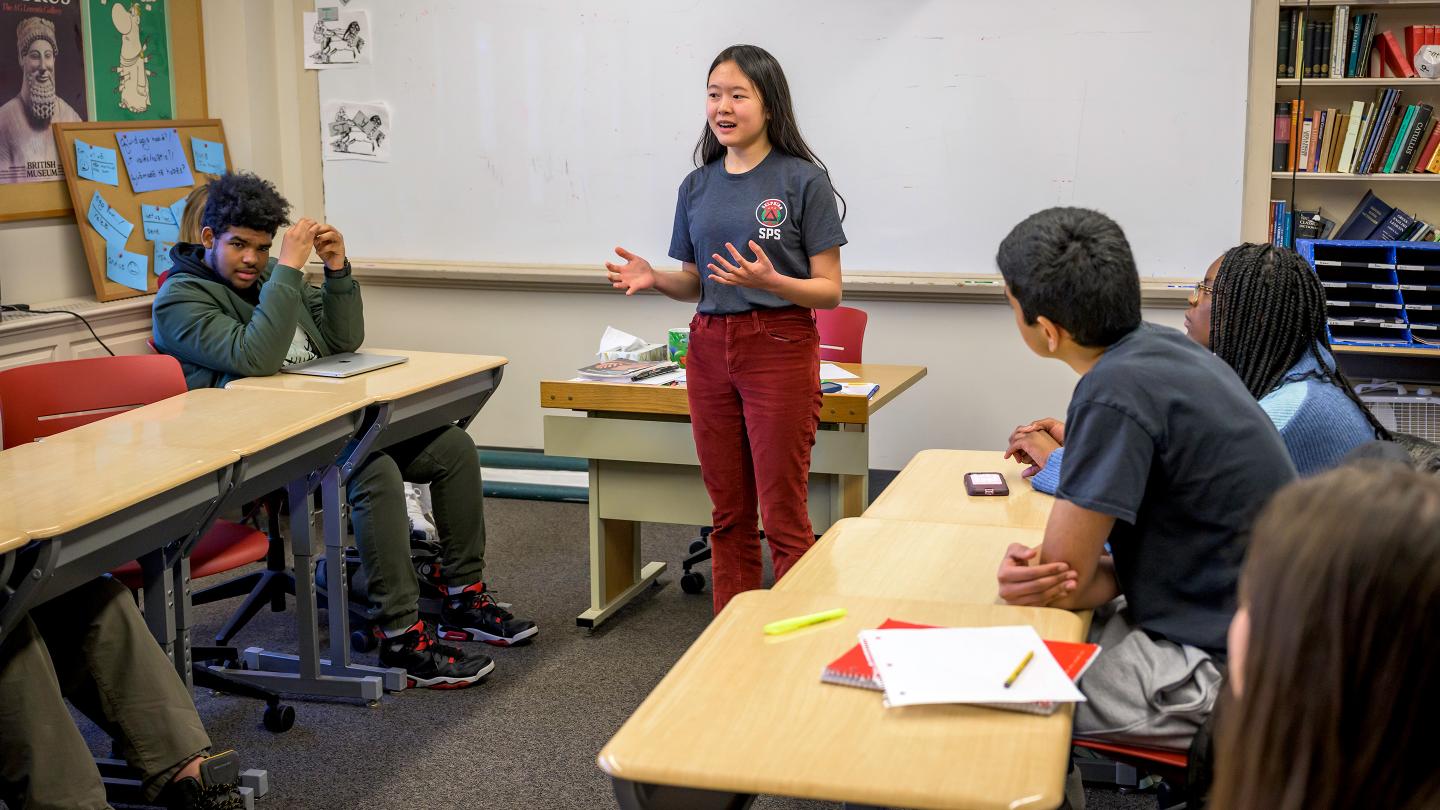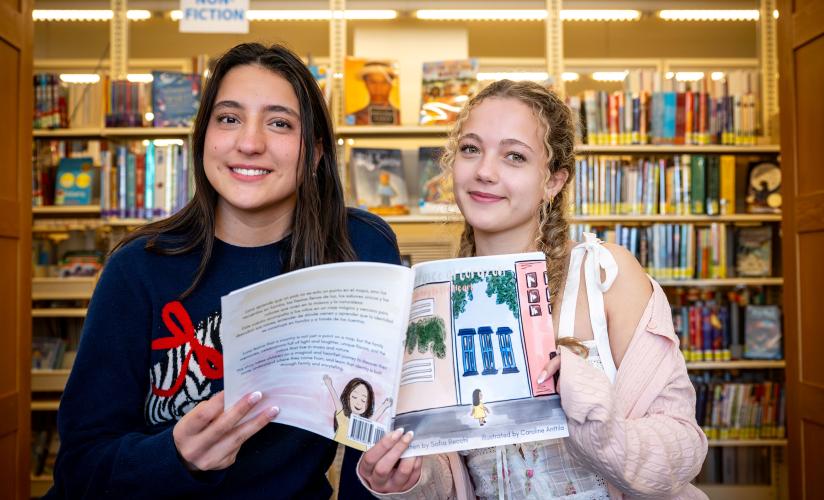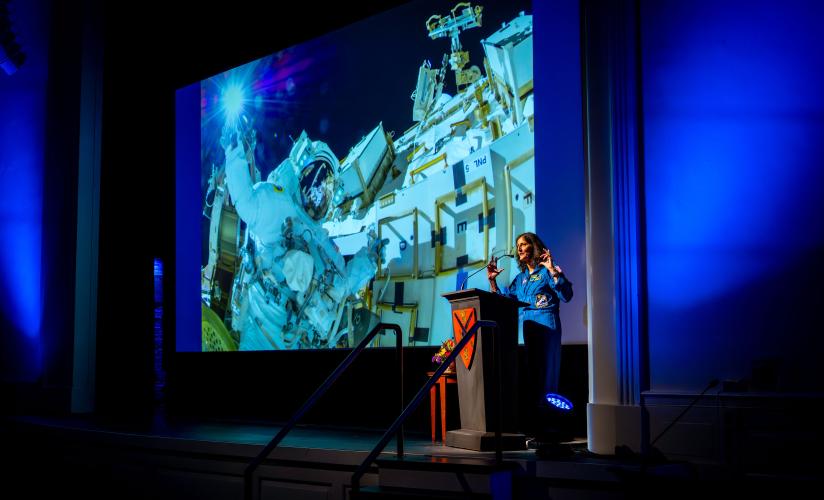

Nausicaa Chu ’26 was one of 108 high school students to participate in the 2025 World Individual Debating and Public Speaking Championships in Malaysia.
BY IAN ALDRICH
As the plane touched down at Kuala Lumpur International Airport in the early afternoon of March 30, Nausicaa Chu ’26 felt a mixture of fatigue and nerves. An eight-hour delay in Seoul, South Korea, had extended an already long journey, and the normally calm Chu, who had traveled to Malaysia with her father, was eager to begin what she knew would be a busy next week.
Chu was part of a select group — 108 students from 16 countries — who had arrived in the country for the 2025 World Individual Debating and Public Speaking Championships (WIDPSC). She had earned her qualification to the annual English language tournament in December, when her second place showing helped key a St. Paul’s School victory at Groton School’s Parliamentary Extemporaneous Debate competition.
For Chu, the WIDPSC event wasn’t a total sea of strangers. The American side was well represented, with many debaters hailing from independent schools in the northeast that SPS regularly competes against.
“It was really cool to meet these people because I only knew them in the context of debating them,” says Chu, a three-year member of the SPS Debate Club who has already been tapped to captain the squad next fall. While Chu’s first thoughts were about how she had performed against these other students in the past, “then you realize we can actually be friends, and that was really great.”
Still, Chu’s arrival at WIDPSC had been far from preordained when she arrived at SPS in the fall of 2022. At the time, the Alabama native says, she was a little shy and a little unsure of what life at Millville would mean for her. But then, on the advice of her adviser, Chu gave the debate team a shot. She hasn’t looked back.
“There’s something really fun about finding an argument and then counterpointing the other side,” she says. “Thinking fast on my feet doesn’t come naturally to me — it’s taken a lot of practice — but in the end what makes you good debater makes you good in so many other areas of life. You have to think clearly and know how to get to the point of something. And if you can walk into a room of strangers, with these tall, scary judges looking at you, and do okay, you’ll do okay in a lot of other things.”
At WIDPSC, participants compete in a cross section of events: impromptu speaking, parliamentary debate, interpretive reading and a choice of either persuasive speaking or after-dinner speaking.
For the debate section, tournament organizers teamed Chu up with two high schoolers from South Africa. In their first session, the trio argued that it is better to be honest than kind. In their second they took the position that humans should not be genetically modified in order to be made more empathetic.
As part of the persuasive speech competition, Chu, the daughter of a doctor, posited that low-paying medical residency programs in the United States undermine global health by hampering international students’ ability to come to the U.S. to train at its prestigious hospitals.
It could be argued, however, that Chu’s favorite event was interpretive reading. The granddaughter of Taiwanese emigres, Chu singled out a selection from one of her most beloved books, “The Joy Luck Club,” which tells the story of the complicated relationships Chinese-American women sometimes have with their Chinese-born mothers.
“People really get into their reading,” says Chu. “Because it’s really voice acting — people are doing different voices and bringing their characters to life.”
In all, Chu competed for two long days at WIDPSC. While she didn’t make it as deep into the tournament as she had hoped, she says she appreciated the chance to spectate the final rounds.
Then there was the chance to explore Kuala Lumpur through a variety of tournament-sponsored excursions. Students visited the National Mosque and helped build chairs for local schools. There were trips to the national art gallery, a visit to a large botanical garden, and the opportunity to sample local cuisine. For Chu, those experiences and the ripple effects they had on the group were as fulfilling as the competitions themselves.
“You read about all the division in the world and how our cultures are so different from one another,” says Chu. “But getting the chance to travel, to meet new people, you realize how much we have in common. You find all these connections and if you keep an open mind, you can really start to bond.”
That’s a position nobody can argue with.



